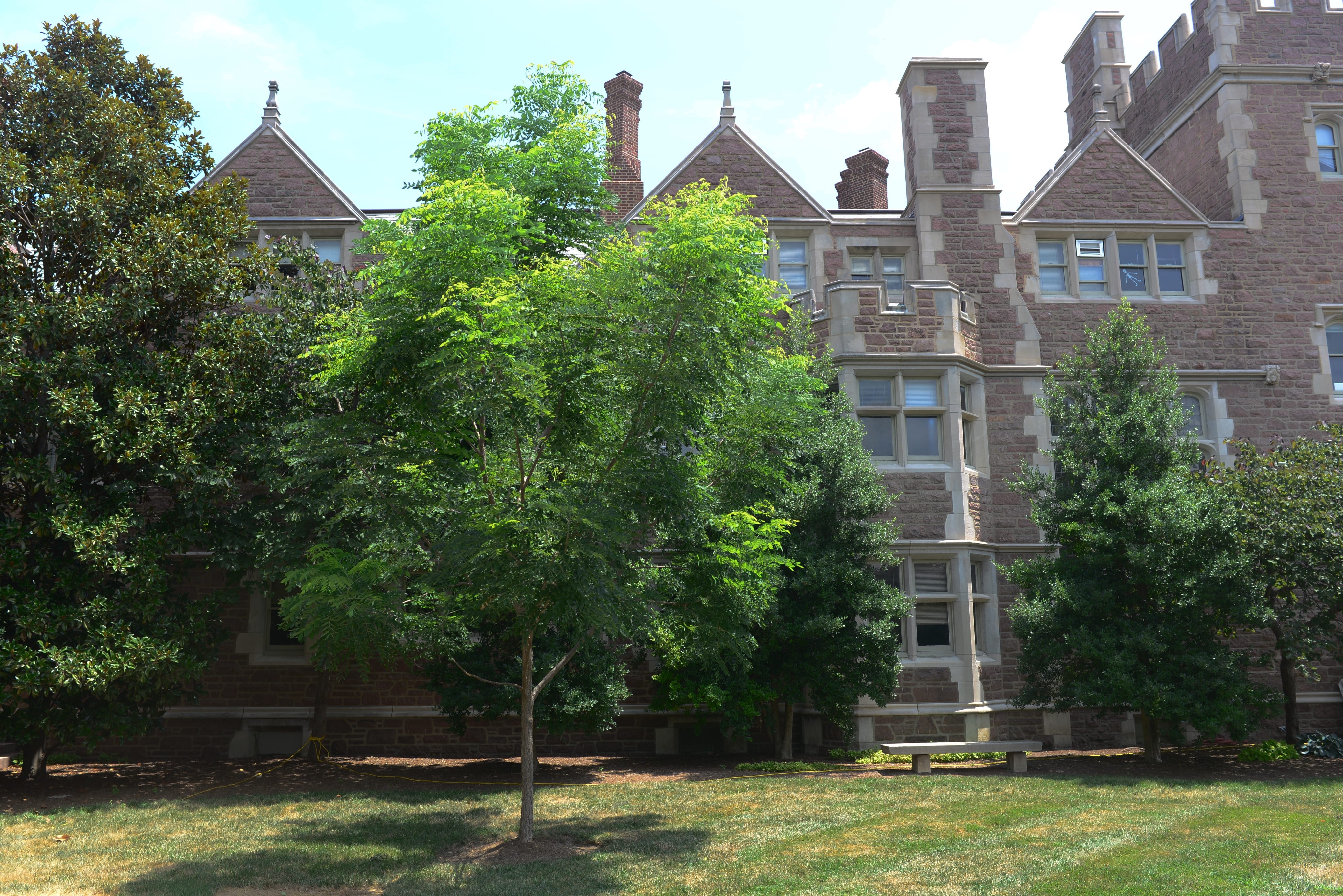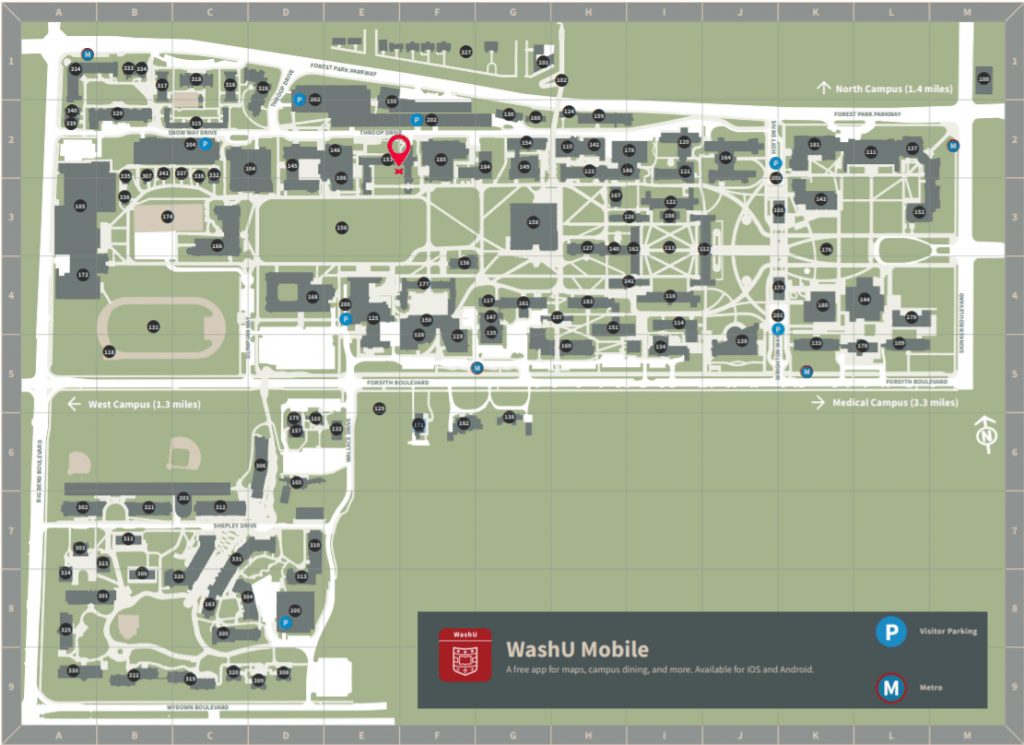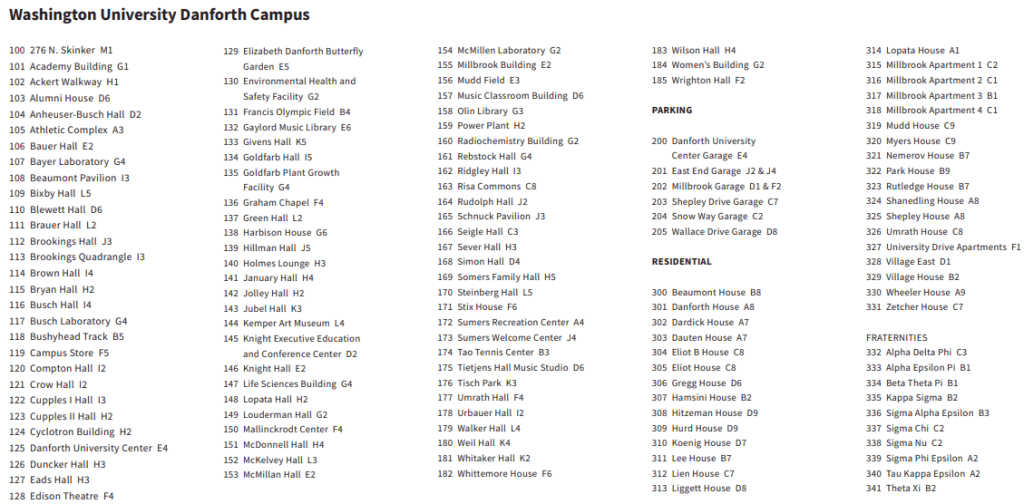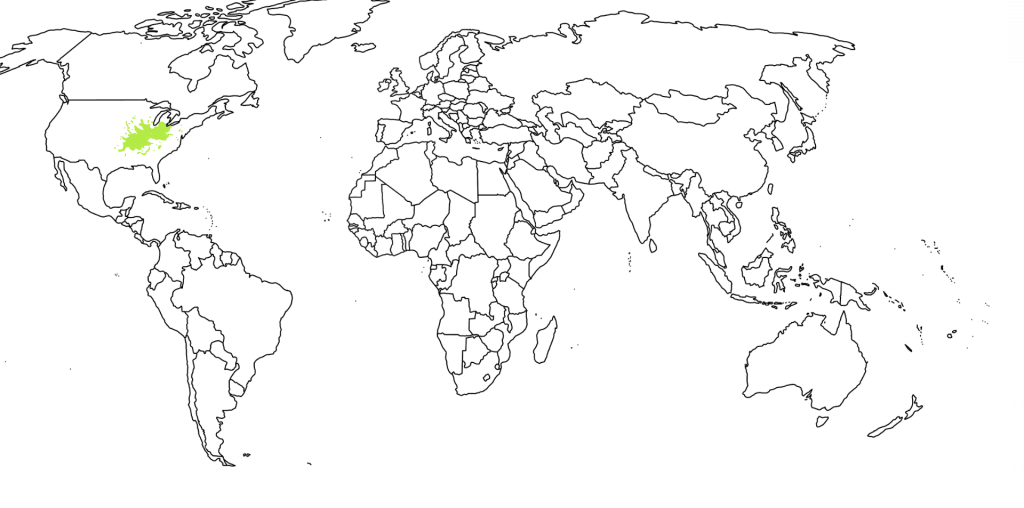Kentucky Coffeetree
Arbor walk #7, Treekeeper ID #2253

This tree is a “seedless” variety of the native species. It is native to Missouri and the Midwest. Early settlers of Kentucky used the tree’s seeds as a coffee substitute, hence its common name.
While it is true the early settlers used the seeds of this tree for coffee, it is important to note that when eaten raw, the seeds are poisonous. Other than their seeds, one of this tree’s most intriguing features are its doubly compound leaves. While it may at first glance seem that this tree has many small individual leaves, these are actually leaflets. When looking at where the bud of the leaf is, everything above the bud is a part of the one leaf. Unfortunately, although these trees are common, their population is declining due to over harvesting.


GPS Coordinates
N/A
Percent Concrete
N/A
Distance to Buildings
| Year | Close Building #1 | Close Building #2 | Close Building #3 |
|---|---|---|---|
| 2020 | McMillan Hall, 9.14 m | Wrighton Hall, 34.84 m | Bauer Hall, 62.10 m |
Distance to Other Species
| Year | Close Species #1 | Close Species # 2 | Close Species # 3 |
|---|---|---|---|
| 2020 | American Holly, 6.57 m | American Holly, 8.56 m | American Holly, 9.44 m |
Standard Measurements
| Year | Height (m) | DBH (cm) | Caliper (m) | Crown Diameter N-S (m) | Crown Diameter E-W (m) | Average Crown Diameter (m) |
|---|---|---|---|---|---|---|
| 2020 | 9.1786 | 15.6 | N/A | 6.41 | 6.95 | 6.68 |
| 2023 | 10.6 | 24 | N/A | 9.52 | 8.92 | 9.22 |
| 2024 | 13.67 | 15.17 | N/A | 11.37 | 9.71 | 10.54 |
Nests and Pests
| Year | Description |
|---|---|
| 2020 | A handful of blighted/wilted twigs Grey and white lichen Light moss |
Leaf Identification
The Kentucky Coffeetree has doubly compound, 1′ to 3′ long leaves with 5 to 9 pairs of leaf branches. Unusually, both the primary and secondary leaflets are alternately arranged. They are a dark green and turn yellow in the fall.
Twig and Bud Identification
Bark Identification
The Kentucky Coffeetree has grayish-brown, scaly bark. The scales are swirled and not strictly vertical.
Fruit Identification
The fruits are usually large brown seed capsules which reach 10″ in length and mature in late fall. These capsules have a woody shell, and a pulpy interior surrounding the seeds. However, our Kentucky Coffetree in the Arboretum is a seedless variety and does not bear fruit.
Flower Identification
The flowers of the Kentucky Coffeetree are greenish-white. The male flowers are 3″ to 4″ long clusters, and the female flowers are 10″ to 12″ long clusters. Each individual tree either has female or male flowers, alluded to by the epithet “dioicus“.
[photo forthcoming]
‘Espresso-JFS’ Identification
The ‘Espresso-JFS’ variety is seedless, as it is a male tree.







